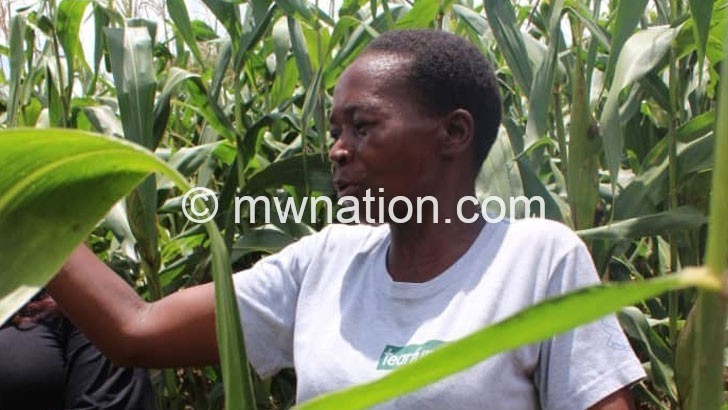Conservation agriculture to control fall armyworm
The Church of Central Africa (CCAP) Synod of Livingstonia’s Development Department (Soldev) has embarked on a research on control measures for fall armyworms using conservational agriculture technologies.
Soldev, in collaboration with Lunyangwa Research Station and University of Livingstonia, has been conducting the study for three years in Mhuju Extension Planning Area in Rumphi District to see whether there is a correlation between conservation agriculture and the control of the pest.

The research, now in its third year, came against a background of fall armyworms attacks in the country in 2017.
Farmers from the district prompted Soldev and its partners to conduct the research after observing that there were minimal attacks of the pest in the fields they practised conservation agriculture, including mulching.
Soldev director Kenneth Sakala said following the farmers’ observation, they embarked on the research.
“The research is inspired by the farmers’ observation. So, we want to do a scientific research to see the relationship between the two,” he said.
Rumphi District Council senior assistant land resource conservation officer Lusungu Kayira said there was reduced incidents of fall armyworms in fields where farmers mulched, although there is no scientific explanation.
Kayira, therefore, said the research will establish whether there is any scientific correlation.
Group village head Khunibisi, whose field is part of the research, encouraged his subjects to embrace conservation agriculture to control the pest.
One of the farmers from Traditional Authority Mwahenga, Doreen Munthali, said her maize fields under conservation agriculture had minimal attacks and increased yields.





